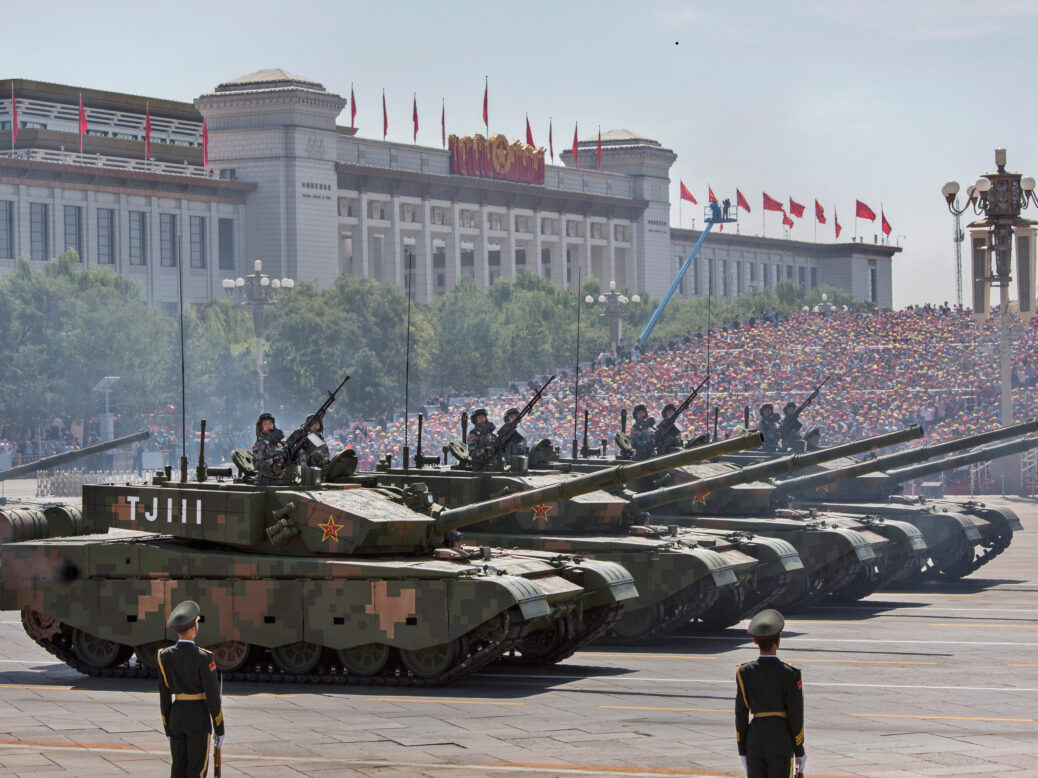
The UK, US and Australia announced a new security deal in the Asia-Pacific on 15 September, which will provide funding and technology for Australia to build nuclear-powered submarines, as well as covering AI and other technologies.
Despite avoiding any explicit reference to China, the pact (dubbed “Aukus”) is viewed as a defensive move against the country, which has dramatically expanded its military growth and spending in recent years.
Analysis of data from the Stockholm International Peace Research Institute (Sipri) military expenditure database shows that China’s annual military spending has increased by over 40 per cent between 2015 and 2020. Even when adjusted for inflation, this equates to a 27 per cent increase, far more than any of the other countries in the Aukus pact.
In 2020, Sipri estimates that China spent over $240bn, a figure more than four times the UK’s spend, but still only a third of the US’s annual defence budget. Last November, Boris Johnson announced a £24bn rise in defence spending by 2024-25, while in the US, the House of Representatives Armed Services Committee voted to increase Joe Biden’s proposed 2022 defence budget by $25bn.
[See also: Boris Johnson’s biggest decision this week wasn’t about the reshuffle at all]





